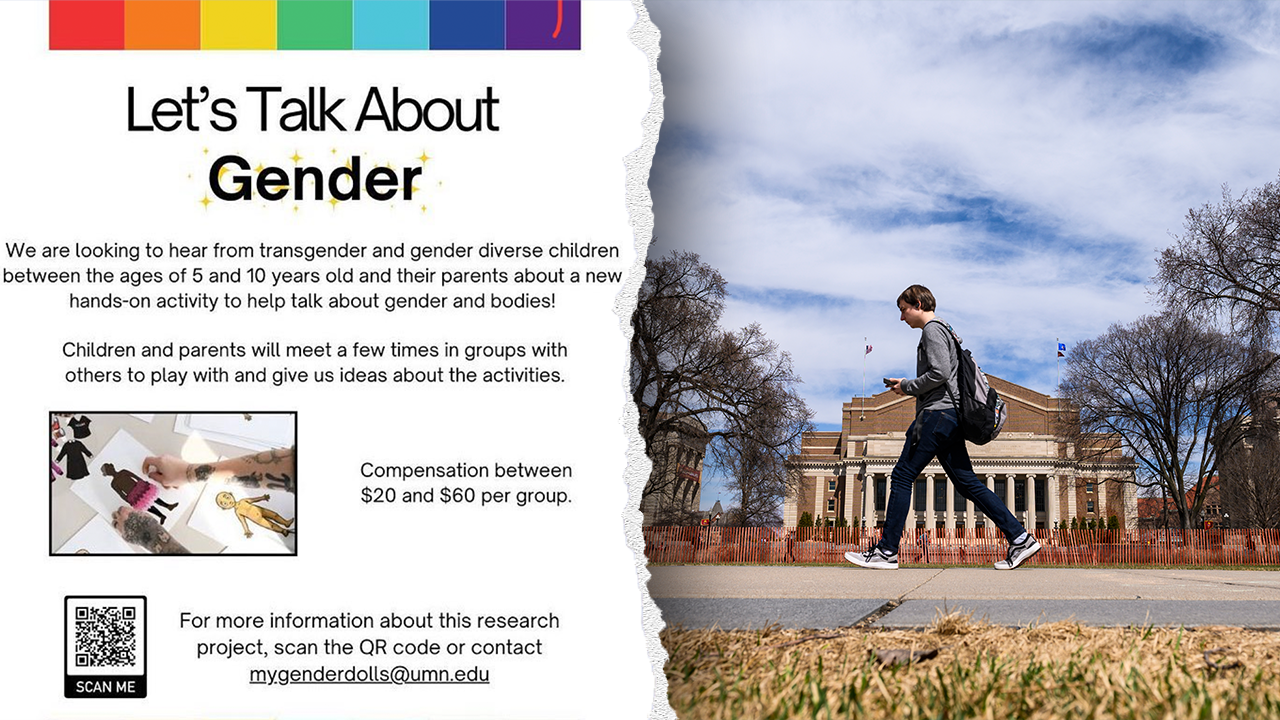Inflation highest in 31.5 years
Peter Hannam
The most anticipated consumer price index figures have just landed from the Australian Bureau of Statistics.
CPI for the June quarter came in at 6.1%, the fastest annual pace since the end of 1990. Economists on average were expecting 6.3%.
Unlike most countries, Australia only reports inflation every three months while releasing monthly numbers for many other things, such as the jobless rate. That means data like today’s carry extra suspense and either relief or despair when they land.
For comparison’s sake, New Zealand clocked up a 7.3% CPI pace in the June quarter – also a 32-year high. Both the UK and the US posted 9%-plus rates of inflation in June and the Eurozone notched an annual rate of 8.6% for the same month.
More key numbers to come shortly.
Key events

Tamsin Rose
Moving to NSW politics for a moment
The New South Wales metropolitan roads minister, Natalie Ward, is standing by her colleague trade minister, Stuart Ayres, as Labor ramps up its attacks over former deputy premier John Barilaro’s appointment to a $500,000-a-year New York trade position.
It was this week revealed that the premier, Dominic Perrottet, was sent a brief noting that former senior public servant and businesswoman Jenny West was the “successful candidate” for the US role before Barilaro was picked. The brief was identical to the one Ayres signed in August last year, as well as that sent to then premier Gladys Berejiklian.
Speaking at a press conference in Sydney’s inner west on Wednesday, Ward said:
He (Ayres) has my confidence. It’s important that the independent process that is reviewing those appointments is undertaken thoroughly and comprehensively. The government’s already committed to ensuring that we support that review and implement its recommendations.
So there was a lot to take in there.
The main takeaways:
Things are tough
They are tougher for people on lower incomes, who spend a higher percentage of their income on the necessities.
The budget is not in great shape and no one should be expecting it to contain treats when it is handed down in October.
Jim Chalmers is wrestling with what to do with the fuel excise pause, but it will most likely expire in September
Wage growth over the last decade has been wiped out by inflation
What about the protections the government is winding back on superannuation?
Jim Chalmers:
We want to end the ideological war on super. And the big opportunity, not just for the government, but for the country is to recognise that superannuation is one of the things that we’ve got going for us.
We want to make sure that the regulatory arrange are right. We want to make sure that superannuation is being paid.
We want to make sure we get to that 12% superannuation guarantee. At some point I’d like to find a way to responsibly fund paying it on paid parental leave.
There’s a bunch of things we should be doing in super which we now have an opportunity to do because we’re not caught up in that ridiculous ideological war on industry super in particular, by a Liberal Party which pretends to support superannuation and at the same time as they undermine it at every turn. We created super.
We’re proud of it. It’s not perfect. There are ways to improve it.
And we give ourselves ways to improve it by making sure that we’ve got all the arrangements in place in a way that’s not ideological, it’s not partisan, it’s all about the best thing for the funds and therefore the members of the funds.
Chalmers: Labor has been upfront that pause on fuel excise will not be extended
Q: Will the pause on the fuel excise be extended?
Jim Chalmers:
I said during the election campaign, before the election campaign, after the election campaign, that Australians shouldn’t expect us to be able to afford to extend that petrol price relief and I’ve … [been] upfront every single time I’ve been asked about this.
The price tag attached to even a 6-month extension is around $3bn. And we have inherited $1tn of debt with not enough to show for it.
We’ve got to walk that fine line between responsible investments in growing the economy the right way and dealing with these supply chain issues at the same time we recognise that every extra dollar borrowed costs more to service.
That’s the conundrum. And I don’t want to give people false hope when it comes to … the end of [the fuel excise].
We’ve always said … since the day that it was introduced by our predecessors, that people should expect it to end in September, and I know that will be really difficult for people and there hasn’t been a day I haven’t thought about it.
When I think something is likely to be too expensive for us to responsibly fund, I’ll say so.
Chalmers: rising interest rates will have implications for unemployment
Q: Does Chalmers expect to see employment stay where it is?
Chalmers:
If the impact of rising interest rates and slowing growth is a downgrade to our expectations for growth here, that will impact the unemployment rate. I’ll talk more about that tomorrow.
My reluctance to give you specific numbers today is because when you get a number at 11:30, you feed it through the various models at the Treasury and they come back with a final set of numbers. So I’m reluctant to be more specific than to say if rising interest rates and slowing global growth will slow our economic growth here, you can expect that to have implications for unemployment as well.
As Sally McManus points out, the little gains in wage growth over the last 10 years are moot:
A decade of wage growth has now been wiped out. Real wages have not been this low since Dec 2011. Business as usual will not turn this around. We need serious reform to our wages system pic.twitter.com/I8zGvuACxq
— Sally McManus (@sallymcmanus) July 27, 2022
Chalmers: global petrol price decreases should be passed on faster
Q: What about the cost of petrol?
Jim Chalmers:
Australian motorists, for good reason, get absolutely filthy about when the global price goes up, the price rise gets passed on immediately [but] when the global wholesale price comes down … it seems to take longer. And Australians are filthy about that and they should be.
Service station owners, companies, shouldn’t treat Australian motorists as mugs. People desperately need some relief to these cost-of-living pressures. So and when the wholesale global price comes off, so should the price at the bowser.
Chalmers: ‘vulnerable people are making decisions between vegetables or rent’
Q: Who is bearing the brunt of the cost of living increases?
Jim Chalmers:
Well, there’s a lot of commentary about people having buffers in their home loans for example, which wrongly assumes, in my view, that interest rate rises and inflation isn’t hurting people.
It already is.
For every dollar that people find to service their mortgages, every extra dollar, it means a dollar that can’t go to funding the skyrocketing costs of other essentials. So I think we need to take a broad view about the impact of inflation on the economy, but also on the most vulnerable Australians.
A lot of people are living paycheque to paycheque for whom this inflation will be devastating, because it’s getting harder and harder for them to substitute things out of their household budgets.
I speak to people. I try to be a relatively engaged local member. I try to engage beyond, you know, the capital cities and all of that, and what you hear again and again and again is that maybe in the first instance, people started winding back on discretionary items – Netflix or something like that.
We saw that in Netflix’s numbers. But it comes to a point when people are trying to work out, you know, what’s left to substitute out?
I think that’s the practical demonstration of what’s happening here, because at some point, you know, the most vulnerable people are making decisions between, you know, vegetables or rent. And that’s when it really bites.
Chalmers: ‘we will responsibly trim spending that’s not providing an economic dividend’
Q: Is the government looking at deeper spending cuts as recommended by the IMF? (In a global sense; the IMF did not single Australia out.)
Jim Chalmers:
Katy Gallagher and I are looking for ways to trim spending in the budget, as you know. And that begins with the audits of rorts and waste, which we’ve spoken about before, but it doesn’t necessarily end there.
If there are other opportunities to remove duplication in the Budget or to sensibly trim spending, then we’re obviously prepared to do that and we’ve been engaged with … ministerial colleagues about this for some time and they’ve been constructive about it in welcome ways.
But what we need to balance here is, we have had in this country a wasted decade of missed opportunities and messed-up priorities where we haven’t seen the investment in the economy that we need to see, and that has made us more vulnerable to the sorts of shocks we’re going through now, whether it’s global, inflation or both.
And [so we may] responsibly trim spending that’s not providing an economic dividend and redirect it in ways that does provide an economic dividend in some of the areas we’ve talked about – cleaner and cheaper [and] more reliable energy, childcare, investment in skills, investment in industries which will be big employers.
And so even in the event that we find substantial savings, we recognise that at least some portion of that will need to go towards funding our priorities, which is so important to getting the right kind of growth into the future.
Chalmers: not possible with budget constraints to fund every cost of living relief measure
Q: Where does the government stand now on tying the minimum wage to inflation, given that inflation has outstripped the minimum wage increase once again?
Jim Chalmers:
We were very pleased with the decision taken by the Fair Work Commission and our encouragement to give low-income Australians a decent pay rise that allowed them to keep up with the skyrocketing cost of living.
We said then, and we have said subsequently, that each time the Fair Work Commission minds to determine the minimum wage, that should take into consideration the whole range of economic conditions.
And so we will make our submission when the time comes, we have only just been through a wage review round. When the time comes, we will factor in the cost of living and all of the other considerations when we make our submission and that [the FWC] will make their decision independently.
On the broader steps to ease the pressure on people during this cost of living crisis, it is not possible with our budget constraints to fund every good idea that people might have about cost of living relief.
We need to tread a pretty careful path here when it comes to budget, we inherited a budget heaving with $1tr in Liberal party debt, and we need to make sure that everything we do ticks more than one box – [brings] cost of living relief and also has [an] economic dividend.
I focus on childcare relief, which is incredibly important, and also relief in the cost of medicines.
There are good ideas and other things we might contemplate, but we are intent on being responsible economic managers and we are operating under some pretty severe constraints.





















Discussion about this post